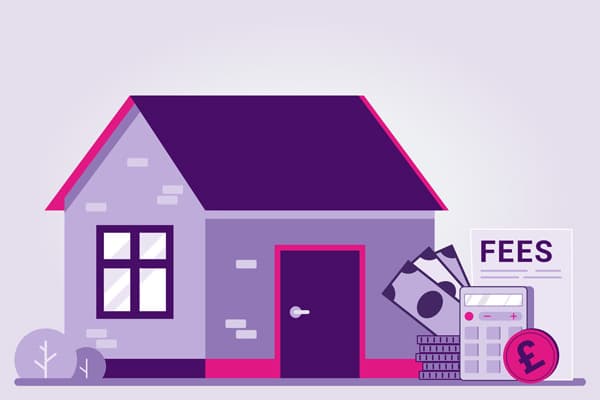Comprehensive Guide to Understanding Conveyancing Costs
Your new home is going to be one of your biggest purchases - but you don't want to pay over the odds. So how much does conveyancing really cost?

Your new home is going to be one of your biggest purchases - but you don't want to pay over the odds. So how much does conveyancing really cost?

Compare moving quotes in 4 simple steps